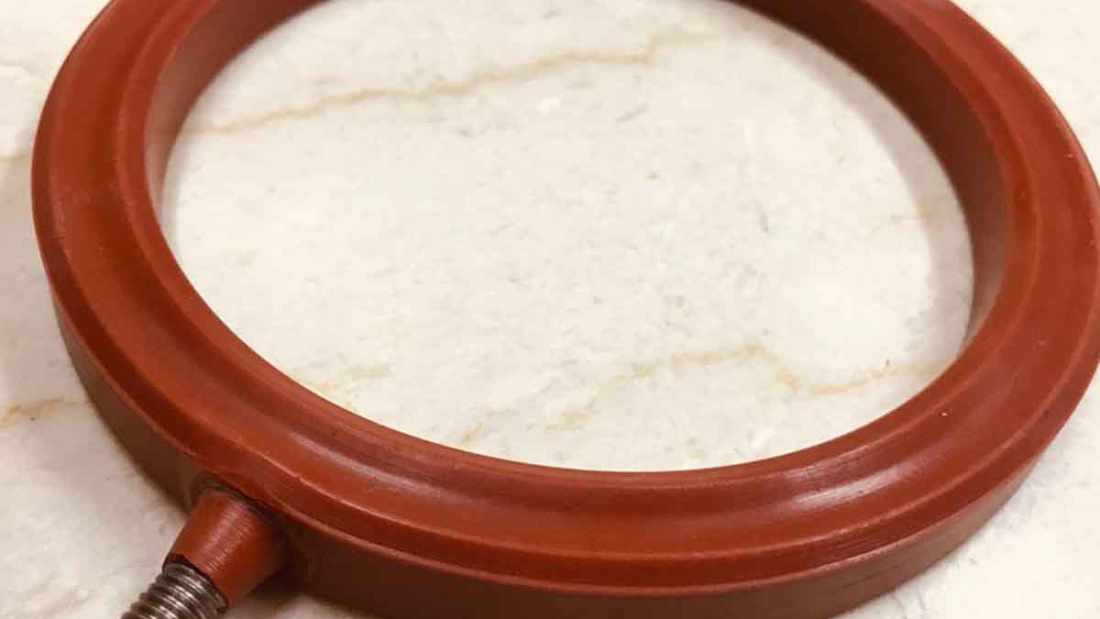Inflatable seals are mechanical seals that have the capacity to expand and contract with varying degrees of force. In most industries, small adjustments can have a major impact on production efficiency or product quality.
With this in mind, it’s clear why many manufacturers are starting to use in-line seals that inflate and deflate automatically when activated by an external source.
Inflatable seals for Automatic seals
Some industries rely on automation to increase productivity. As a manufacturer of automatic seals, you likely want your seals to operate in a completely automated manner. Automated seals are a smart way to increase efficiency and productivity in most manufacturing environments. Automated seals are particularly useful in applications that require the constant movement of parts.
For example, if your product is a medical device, you’ll want a seal that monitors the movement of a patient. Automated seals can help ensure that the seal is continuously monitoring the movement of the patient. It’s also useful for manufacturing parts that need to stay in place for a period of time, such as food ingredients, building materials, and chemicals.
Automated seals are also useful in transportation or distribution applications where items need to move consistently. For example, if you’re in the building materials industry, you’ll likely want to automate the sealing of pallets. This lets you seal pallets automatically and track the movement of your inventory.
In distribution applications, automated seals are particularly useful in warehouses as they let you track inventory and seal boxes automatically.
Related Topic : Reinforcing Products With The Most Creative And Dependable Inflatable Seals; A Product That Breaks Through The Competition
Benefits of Using Inflatable Seals
Inflatable seals have several advantages when compared to mechanical seals. For example, they’re more durable than mechanical seals and they usually have a longer lifespan than traditional seals.
In addition, they’re usually more cost-effective than mechanical seals due to their lower maintenance requirements. In the medical industry, inflating an automated seal provides many benefits. For example, an automated seal that monitors movements lets you provide better care to patients.
This is thanks to the fact that you can track the movement of a patient through an automated seal. In distribution applications, you can use an automated seal to manage inventory. This is helpful in applications where you need to track a large number of items or inventory.
How to Use an Inflatable Seal
If you’re looking to increase production efficiency or improve product quality in your manufacturing environment, an automated seal is a smart solution. However, automated seals aren’t easy to implement. You need to invest time and money in ensuring that your facility is ready for automation.
You should also consider the key factors that affect automation, such as the type of equipment you want to control the seal with.
First, you need to ensure that your equipment can trigger a seal’s activation. In many cases, this means ensuring that an external power source can activate a seal’s activation.
Next, you need to ensure that the seal is designed to be automated. Most manufacturers have a variety of seals that can be triggered, but they don’t all have the capacity to be automated.
Advantages of Using Inflatable Seals
Durable – Inflatable seals are usually more durable than traditional mechanical seals. This is thanks to the fact that they don’t require lubrication or the wear and tear that occurs with mechanical seals. This makes them a smart choice for applications that require a high level of durability.
Longer Lifespan – Most mechanical seals only have a 10-year lifespan. However, inflating seals have a lifespan of up to 20 years. This makes them a durable option that lasts longer than 10 years, without needing to be replaced.
Lower Maintenance – Like all automated seals, inflating seals require very little maintenance. This makes them a smart option for applications that require minimal maintenance, such as transportation and distribution.
Less Cost – Inflatable seals are usually cheaper than mechanical seals due to their lower maintenance requirements.
Disadvantages of Using Inflatable Seals
Initial Investment – It’s important to note that inflating seals require a significant initial investment. This means that you need to factor this cost into your decision to automate.
Type of Seal – You need to make sure that the seal is designed to be automated. Most manufacturers have a variety of seals that can be triggered, but they don’t all have the capacity to be automated.
Equipment Upgrade – When you’re ready to automate your manufacturing environment, you’ll need to invest time and money in upgrading equipment. This means that automation isn’t an option for all manufacturers.
Equipment Type – Some manufacturers have equipment that can trigger a seal’s activation, but it isn’t designed for automation. This means that you need to make sure that your equipment can trigger a seal’s activation.
Conclusion
If you’re looking to upgrade your manufacturing environment with more-advanced automation, you’ll likely want to consider using inflating seals. These seals are designed to be automated and they have several advantages when compared to traditional mechanical seals.
They’re durable, last longer than 10 years with little maintenance, and usually have a longer lifespan than mechanical seals. In addition, they’re usually cheaper than mechanical seals due to their lower maintenance requirements.
They also require a less initial investment and less upgrade than other types of automation thanks to their low thresholds for automation. Finally, inflating seals are a durable and cost-effective option that lasts longer than 10 years without needing to be replaced.


Add a Comment